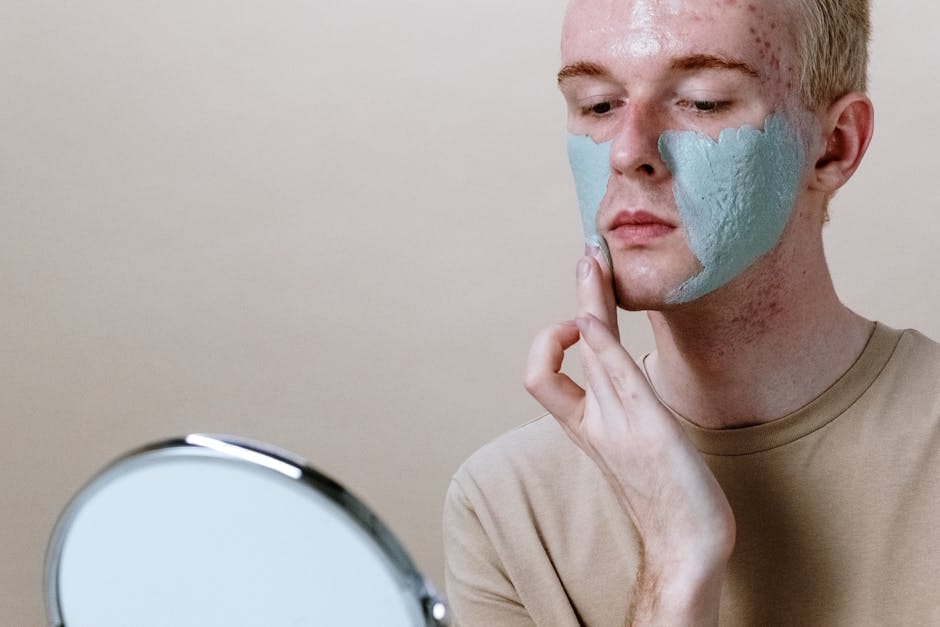Acne is a common skin condition that affects people of all ages. It can range from mild to severe and can be caused by a variety of factors, including genetics, hormones, and bacteria. Fortunately, there are many effective treatments available to help manage and clear acne. Choosing the right one depends on understanding your acne type and severity.
Mild acne, characterized by occasional whiteheads and blackheads, often responds well to over-the-counter treatments. Look for products containing ingredients like salicylic acid or benzoyl peroxide. These ingredients help to exfoliate the skin and kill acne-causing bacteria. Start with a lower concentration to avoid irritation and gradually increase as needed.
Moderate acne may involve more frequent breakouts, including papules and pustules (inflamed pimples). While over-the-counter options might still be helpful, it’s often beneficial to consult a dermatologist. They may recommend stronger topical treatments like retinoids, which regulate skin cell turnover.
For severe acne, characterized by nodules and cysts (deep, painful bumps), a dermatologist is essential. Prescription medications, such as oral antibiotics or isotretinoin, might be necessary to effectively control the breakouts and prevent scarring.
Beyond topical and oral medications, there are other treatments that can complement your acne regimen. Chemical peels and light therapy can help to reduce inflammation and improve skin texture. These procedures are typically performed by a dermatologist or esthetician.
Lifestyle factors also play a role in managing acne. Maintaining a consistent skincare routine, including cleansing, toning, and moisturizing, is crucial. Avoid harsh scrubbing, as it can irritate the skin and worsen breakouts. Choosing non-comedogenic makeup and skincare products helps prevent clogged pores.
Diet can also influence acne. While the link isn't definitive for everyone, some people find that limiting dairy and high-glycemic foods can improve their skin. Staying hydrated by drinking plenty of water is also beneficial for overall skin health.
Finding the right acne treatment can take time and experimentation. Be patient and consistent with your chosen regimen. If you're not seeing improvement after several weeks, or if your acne is worsening, consult a dermatologist. They can help you develop a personalized treatment plan that addresses your specific needs and concerns.

